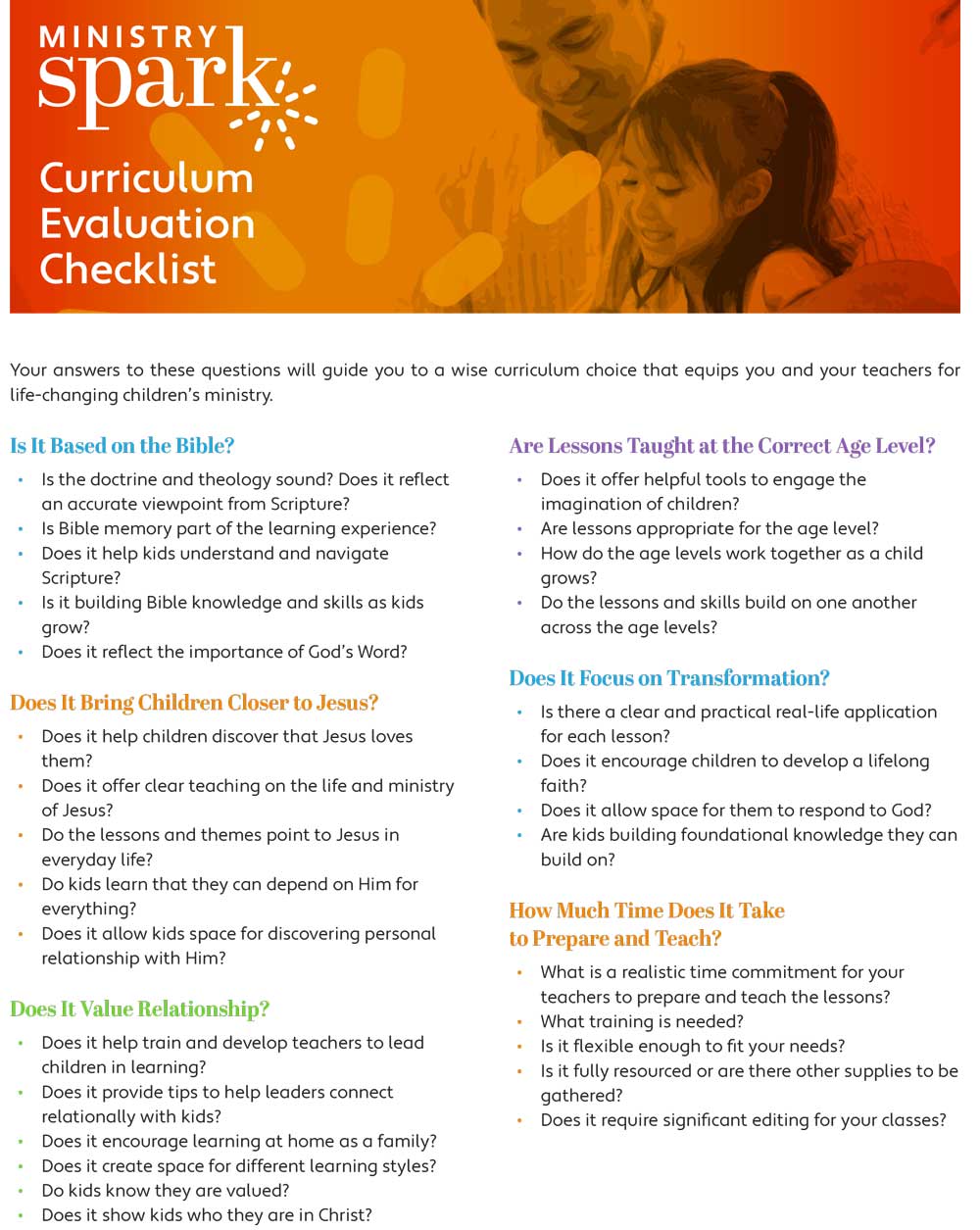Anyone who has ever tried to teach children understands that they can be maddeningly complex (in the best ways) and yet wonderfully simple. Their actions can be irrational and immature, and yet many times they have insights that are unbelievably profound. Jesus pointed to children and told the disciples their faith is exactly what He wanted.
As we seek to engage children, there are 4 things that every child needs and wants—even though they won’t articulate them.
Including these 4 things in your interactions will help bring the complexity and simplicity together. These are competencies every leader needs.
It’s imperative that we know the kids, know the parents, and know all the staff and volunteers who are part of our ministry.
4 Things Children Want from Adults
Appropriate Physical Interaction
A pat on the back, a high five, a fist bump—kids respond to appropriate touch. It’s been said that physical touch is one of the first languages we learn, and it can be a powerful communication tool.
It can communicate approval, respect, appreciation, and love. It can guide, calm, and direct. And appropriate physical touch can unlock the door to receiving the other 3 elements.
A terrific resource for parents or ministry leaders, which includes the value of physical touch, is The 5 Love Languages of Children.
Emotional Connection
We often communicate that ministry happens best through relationships.
Relationships are about emotional connections. Knowing one another. Understanding one another. This is why it is critical that we don’t just show up and “do our thing” in ministry.
It’s imperative that we know the kids, know the parents, and know all the staff and volunteers who are part of our ministry. Emotionally safe environments and meaningful connections can send our ministry impact through the roof.

Mental Stimulation
Too often we take the everyone’s a winner mentality from the sports field to the church. Instead of distilling information to kids, we end up lowering our teaching to the lowest possible denominator and fail to truly challenge our kids.
Don’t do that. Don’t cut out pieces of Scripture or avoid hard questions, because kids will miss the fullness of who God is (note: you can be age appropriate, without nullifying Scripture).
If there is one thing we’ve learned from experienced ministry leaders, it’s that children are far more capable of understanding and experiencing the awe of the greatness of God than we typically give them credit for.
Yes, we need to be age appropriate in our teaching, but don’t be afraid to set the bar high and challenge them. They are capable of more than we realize. And they need us to create opportunities for them to wonder at our amazing God!
Spiritual Truth
Spiritual truth goes hand in hand with the need for mental stimulation.
You see, not only do our methods need to stimulate children’s minds, but our content needs to challenge them spiritually. And this can only be done by telling them the truth of the Gospel, the truth of God’s Word.
When it comes to doctrine and theology, children can handle far more than we usually give them credit for.
If we as leaders make a habit of practicing these elements on a consistent basis, we will see the engagement level in our ministries increase significantly. And the more engaged our kids, parents, and volunteers are, the more we will see disciples of all ages growing in their love and wonder of God.

Curriculum Evaluation Checklist

Curriculum Evaluation Checklist

Curriculum Evaluation Checklist
More Articles for Your Children’s Ministry
- God Is Personal: Why Story Matters in Children’s Ministry
- 10 Tough Questions to Ask Yourself as a Children’s Ministry Leader
- Children’s Ministry Events You Won’t Want to Miss
- 5 Ideas for Welcoming New Families in Your Children’s Ministry
- The Most Important Item on Your Children’s Ministry To-Do List
- Proclaiming the Whole Will of God in Children’s Ministry
- 13+ Children’s Ministry Bible Games that Spark Joy










